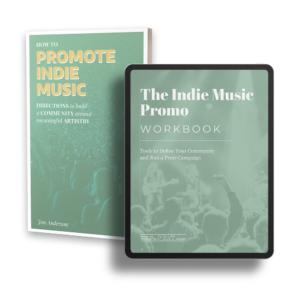Well, last week was my first in 6.5 years not working full-time at a marketing agency.
To celebrate, I took it off – meaning I did zero “actual” work on Two Story stuff.
Some people (my wife and my mom) said this would be a wise way to rest.
Some people (the slightly fit business-y guy I talked to at the gym) said it would be a mistake and suggested I roll up my sleeves and get right to work.
Most people (~7 billion humans around the world) said nothing, since they don’t know I exist and could care less how I spend my time.
But, honestly, I could care less about other people’s opinions; I’d been planning to do this for a while and I’d kind of idealized it in my head.
I was going to turn off my phone, go on a few all-day hikes in the mountains, and spend two full days dreaming and vision casting for Two Story at the hipster coffee shop across town.
That was the thought. The reality was – eh, okay.
Last Monday was cold and rainy, so I decided against hiking. That afternoon, I went to the grocery store, and our (one) car broke down as I was driving it back. This kicked off a weeklong saga culminating in the discovery that our car is the Toyota Corolla equivalent of the BP oil spill.
(Fingers crossed it’s fixed today.)
But the bright spot of the week was that I did get to spend two full days vision casting for Two Story – most of it camped out in the not-hipster Panera Bread that’s a 20-minute walk from our place.
It was awesome.
And it reminded me…
It’s so important to regularly step back from things and recapture the big picture.
I think most musicians (slash most people – including me) don’t do this often enough.
It’s understandable. It’s so easy to get wrapped up in the busyness of day-to-day stuff.
This is especially true if making music isn’t your full-time thing. When you have a packed plate of responsibilities balanced on top of your art, it’s hard to carve out time to make music, let alone time to reflect on why you make music.
But you should try, because knowing what you’re aiming for is essential if you actually want to hit it.
Ari Herstand, in his excellent and very thorough book, How to Make it in the New Music Business, recommends creating a document called “My Music Marathon” and breaking out ultra-specific 1-year, 5-year, 10-year, and 26-year goals.
I dig it. (And if you take this approach, I’d say start with the long-term and work backward – it’ll help you figure out where you’re going and where to start.)
In my book, How to Promote Indie Music, I recommend defining your core values as an artist, using those values to set granular goals, and then tracking progress to your goals on a quarterly (three-month) basis.
I’ve used this process personally and found it really effective – but I’m slightly embarrassed to admit that I’d never carried it all the way through for Two Story.
So, last week, over a lukewarm cup of Panera coffee, I did.
I ended up with three core values:
- Depth
- Connection
- Joy
(Slightly cheesy, yeah, but also I’m very excited about them.)
These led directly to a long-term vision for Two Story, and from there, to five short-term goals that I’m really pumped about. If I hit them, Two Story will be in a great place.
If I don’t – well, nothing ever goes quite how you think it will, right? I’ll brainstorm a way to adapt, even if I have to walk to Panera Bread to do it.
Anyway, here’s my encouragement for the week:
Even if it’s hard to find space, take time to reflect on why you’re making music and what your ideal journey as a musician looks like.
If you can, take a day off and go somewhere. If you can’t, try to at least get away from your normal haunts for a couple hours and spend time vision-casting. It’s worth it.
Outline the big picture. Then keep making music and coloring it in.

